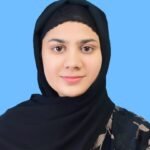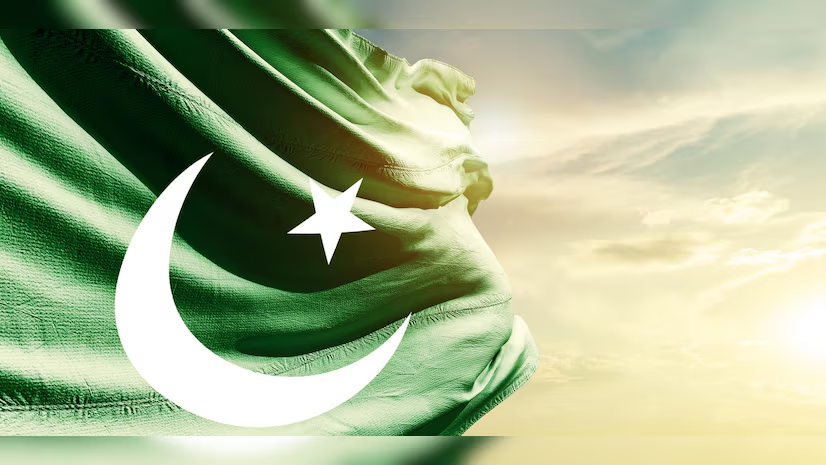The Narowal Peace Dialogue Forum is set to convene at the University of Narowal, bringing together religious scholars, educators, media professionals, and policymakers in a shared commitment to foster inclusion, dialogue, and national unity. At a time when polarization and intolerance threaten to fracture the social fabric, this initiative stands as a timely reminder that peace must be nurtured deliberately; through engagement, education, and mutual respect.
The forum exemplifies how academic institutions can become powerful platforms for confronting hate and amplifying compassion and coexistence.
The urgency of such a forum becomes clear when viewed in the backdrop of recent incidents of violence that have shaken Pakistan’s democratic institutions and politics. In 2018, then-Interior Minister Ahsan Iqbal was shot and injured while visiting his constituency in Narowal. The attack was a sobering reminder of how intolerance, when left unchecked, can manifest in destructive ways, threatening public officials, discouraging civic participation, and weakening the democratic fabric of society.
It is in this context that the Narowal Peace Dialogue steps in to fill a gap; to address the root causes of extremism with dialogue, understanding, and institutional reform. Extremism in Pakistan manifests in many forms: terrorism, mob violence, hate speech, and everyday exclusion. While these expressions may differ, they are tied to a common thread, the erosion of tolerance from everyday civic life.
Read More: Pakistan Steps Up Efforts to Tackle Terror, Counter Anti-State Propaganda
Pakistan was founded on the ideals of unity, inclusion, and justice. But over time, certain political and ideological narratives deepened societal fault lines. Identity has been framed in exclusive terms, and consensus mistaken for compromise. In such an environment, public discourse becomes adversarial, radicalization takes root more easily, and trust between citizens and institutions begins to erode.
The damaging impacts are not merely abstract; they are felt in classrooms, in media spaces, in public life, and almost everywhere. Voices that differ from dominant narratives are marginalized, religious or ideological dissent is met with condemnation. What is needed is a national response: deliberate, inclusive, and sustained. A key starting point is the education system.
Pakistan’s diverse educational ecosystem, comprising public schools, private institutions, and religious seminaries, offers a unique opportunity to shape minds toward national cohesion. But this opportunity must be consciously cultivated. A curriculum that emphasizes civic values, critical thinking, empathy, and mutual respect can help bridge divisions rather than deepen them.
Religious leaders also carry a profound responsibility here. Having an influence that extends into the daily lives of millions, they have the power to challenge divisive rhetoric and elevate message of peace. When religious teachings are interpreted through the lens of coexistence and dignity, they become a powerful counter narrative to extremist thought.
Read More: Pakistani School Students Win First Prize at Teknofest 2025
Law enforcement and judicial institutions must ensure that justice is served. Fair application of law helps restore public trust and deters impunity. At the same time, soft approaches such as community policing and rehabilitation programs must be expanded to address the deeper social and psychological roots of extremism.
The road ahead is not without challenges. But Pakistan’s greatest strength lies in its people. By aligning public policy, civic education, community engagement, and media narratives toward the common goal of peace, the country can turn the tide of extremism.
As the Narowal Peace Dialogue Forum gathers voices from across the spectrum, it sends a hopeful signal that dialogue is not only possible, it is essential. That peace is not the absence of difference but the presence of mutual respect. And that Pakistan’s future, built on these values, can be brighter, more inclusive, and more united.

Urooj Saif
The author is doing MPhil in International Relations from National Defense University. She can be reached at uroojsaif01@gmail.com



